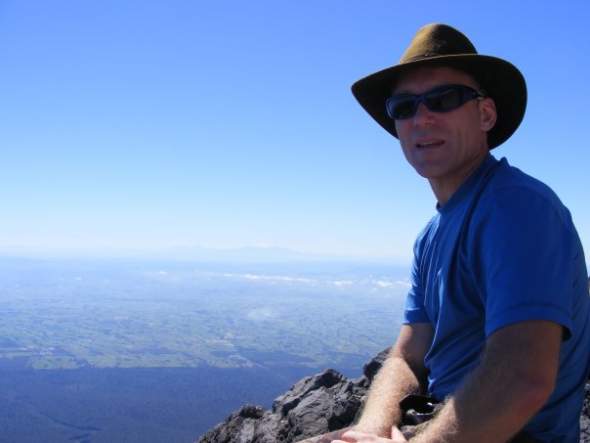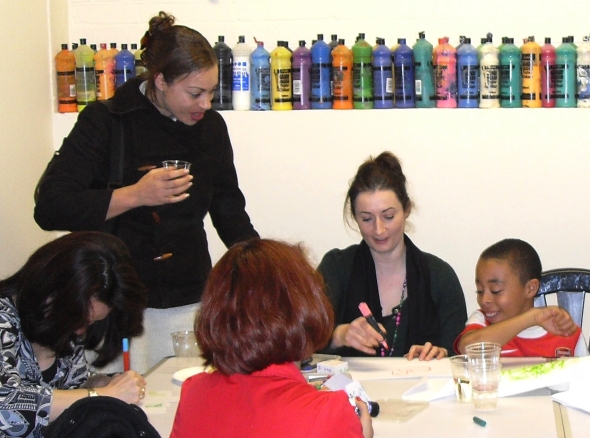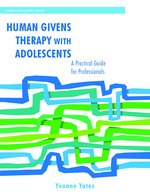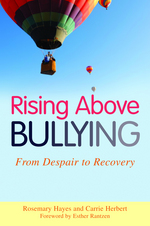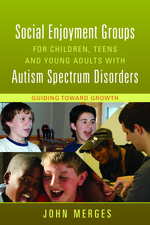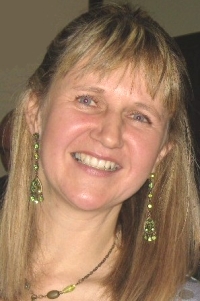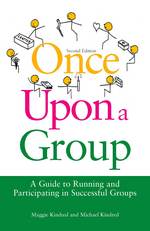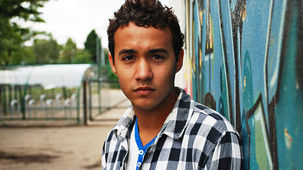The Choices Game: Helping young people make positive choices and stay safe – An Interview with creator Christopher McMaster
“Sometimes we adults make the mistaken assumption that young people have acquired the skills they need to be safe, when these skills often need to be explicitly taught…Rather than hoping for the best, we can prepare our vulnerable youth as well as we can by familiarizing them with some of the risks they may encounter and teaching that they can make choices—empowering them to be able to say ‘No!’ or ‘Stop!'”
